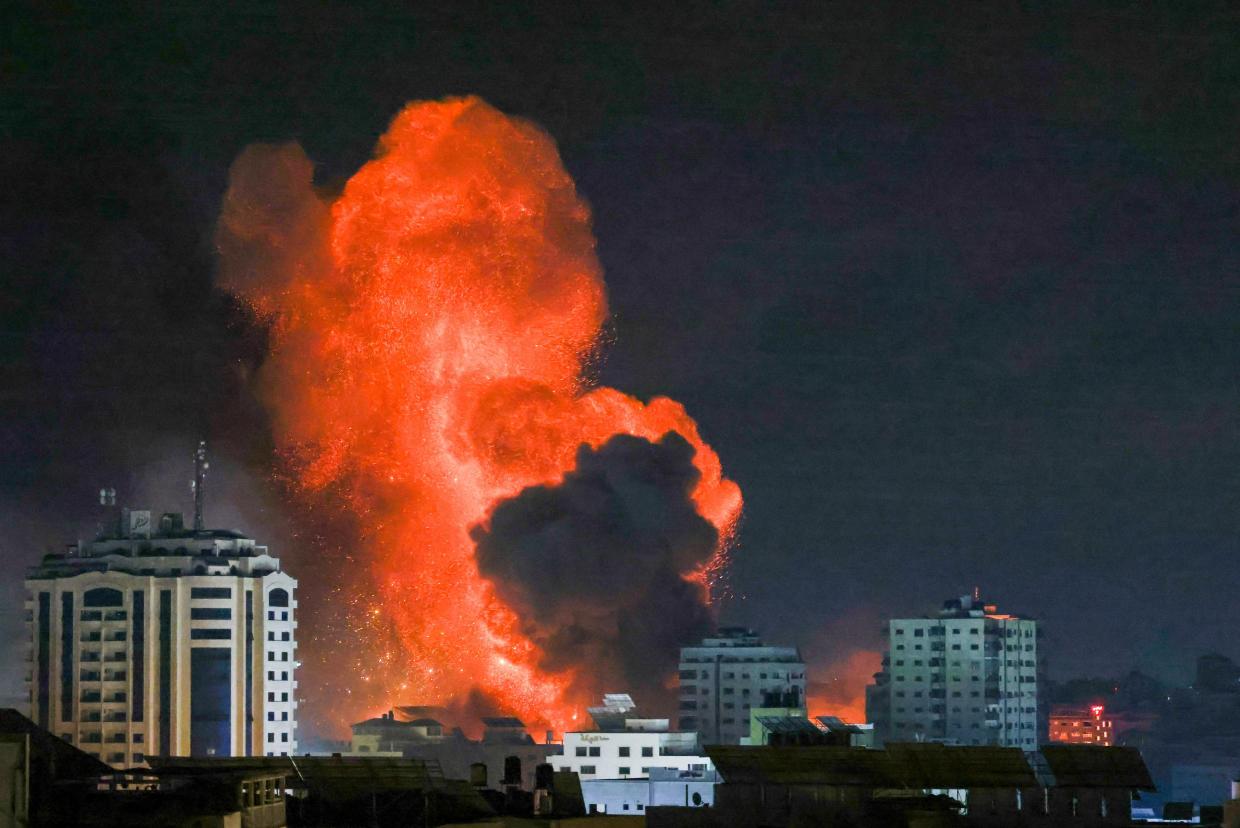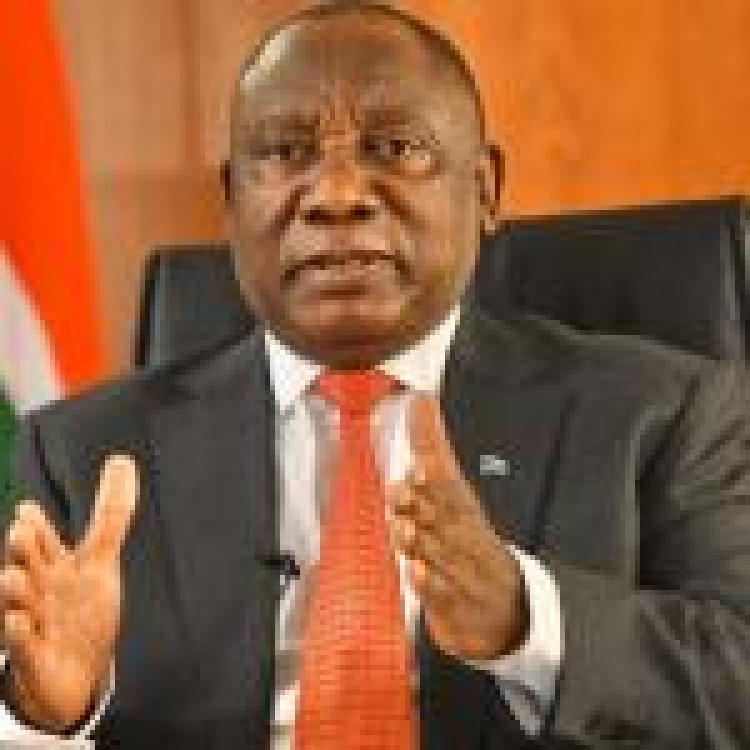
Grave violations committed by Israel against Palestinians in the aftermath of 7 October, particularly in Gaza, point to a genocide in the making, UN experts said last week.
They illustrated evidence of increasing genocidal incitement, overt intent to “destroy the Palestinian people under occupation”, loud calls for a ‘second Nakba’ in Gaza and the rest of the occupied Palestinian territory, and the use of powerful weaponry with inherently indiscriminate impacts, resulting in a colossal death toll and destruction of life-sustaining infrastructure.
“Many of us already raised the alarm about the risk of genocide in Gaza,” the experts said. “We are deeply disturbed by the failure of governments to heed our call and to achieve an immediate ceasefire. We are also profoundly concerned about the support of certain governments for Israel's strategy of warfare against the besieged population of Gaza, and the failure of the international system to mobilise to prevent genocide,” they said.
The bombardment and siege of Gaza have reportedly killed over 11,000 people, injured more than 27,000 and displaced 1.6 million persons since 7 October 2023, while thousands are still under the rubble. Of those killed, about 41 per cent are children and 25 percent are women. On average, one child is killed and two are injured every 10 minutes during the war, turning Gaza into a “graveyard for children,” according to the UN Secretary-General. Almost 200 medics, 102 UN staff, 41 journalists, frontline and human rights defenders, have also been killed, while dozens of families over five generations have been wiped out.
“This occurs amidst Israel’s tightening of its 16-year unlawful blockade of Gaza, which has prevented people from escaping and left them without food, water, medicine and fuel for weeks now, despite international appeals to provide access for critical humanitarian aid. As we previously said, intentional starvation amounts to a war crime,” the experts said.
They noted that half of the civilian infrastructure in Gaza has been destroyed, including more than 40,000 housing units, as well as hospitals, schools, mosques, bakeries, water pipes, sewage and electricity networks, in a way that threatens to make the continuation of Palestinian life in Gaza impossible.
The experts also raised the alarm about the escalation of violence against Palestinians in the occupied West Bank, by soldiers and armed settlers. Since 7 October 2023, at least 190 Palestinians have been killed, more than 2,700 injured, and over 1,100 individuals displaced in the occupied West Bank. On 9 November, Israeli forces also bombed, for the second time, the Jenin refugee camp with heavy artillery and airstrikes, killing at least 14 Palestinians. The increasingly coercive environment has also led to forcible displacement of several communities of pastoralists and Bedouin People in the Jordan Valley and south of the Hebron Hills.
They also expressed alarm over discernibly genocidal and dehumanising rhetoric coming from senior Israeli government officials, as well as some professional groups and public figures, calling for the “total destruction”, and “erasure” of Gaza, the need to “finish them all” and force Palestinians from the West Bank and east Jerusalem into Jordan. The experts warned that Israel has demonstrated it has the military capacity to implement such criminal intentions.
In the short-term, the experts reiterated their call to Israel and Hamas to implement an immediate ceasefire, and:
-
Allow unimpeded delivery of desperately needed humanitarian aid to the people in Gaza;
-
Ensure the unconditional, safe and secure release of the hostages taken by Hamas;
-
Ensure that Palestinians arbitrarily detained by Israel are released immediately;
-
Open humanitarian corridors toward the West Bank, east Jerusalem and Israel, especially for those that have been most affected by this war, the sick, persons with disabilities, older persons, pregnant women and children;
They also recommended:
-
The deployment of an international protective presence in the occupied Palestinian territory under the supervision of the UN;
-
Collaboration of all parties with the Commission of Inquiry on the Occupied Palestinian Territory, including East Jerusalem, and Israel, and the Prosecutor of the International Criminal Court on the investigation opened in March 2021, as well as crimes arising from the recent events, underlining that the crimes committed today are partly due to a lack of deterrence and continued impunity;
-
Implement an arms embargo on all warring parties;
-
Address the underlying causes of the conflict by ending the Israeli occupation of the Palestinian territory.
Read more here


